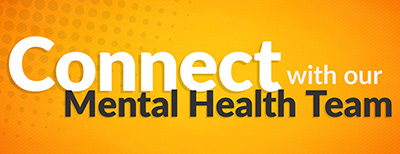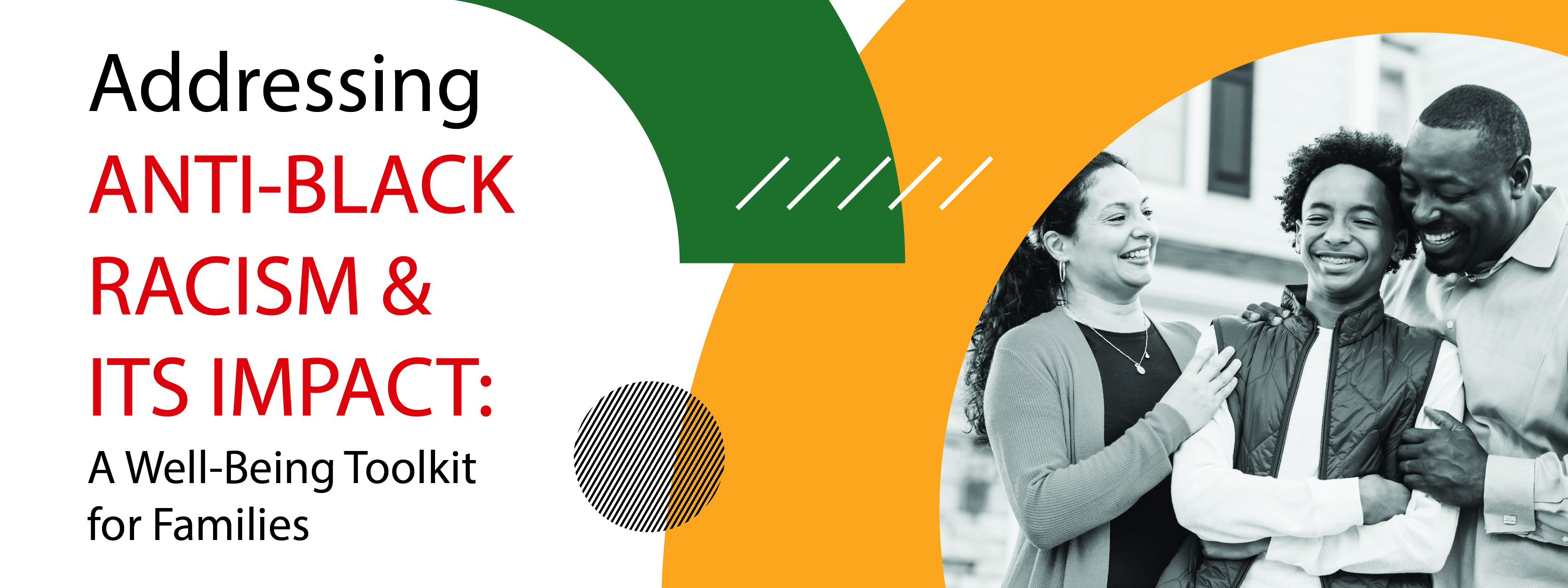Well-Being and Mental Health
Durham District School Board (DDSB) considers well-being and positive mental health fundamental to student achievement. We have developed a 3-year Mental Health and Well-Being Action Plan, along with a 1- year action plan, that focuses on creating the foundational conditions that support positive mental health and well-being for students and staff.
Supporting student's mental health
The DDSB has members of our Social Work and Psychological Services teams available to connect directly with you. Connect with a member of our Mental Health team who can speak to you about your concerns and help connect you with services or supports in the community.
There are community supports available if your child is looking for immediate professional support. They may wish to connect with Kids Help Phone (by phone at 1-800-668-6868, live chat with a counselor between 7 p.m. and midnight at kidshelpphone.ca, or by texting CONNECT to 686868). Distress Centre Durham also provides 24/7 support by phone (1-800-452-0688) and via text from 2 p.m. to 2 a.m. daily at 258258.
Connect with our Mental Health Team
Below we’ve created and gathered a variety of coping strategies and resources to support the needs of students, parents/guardians and staff.

| Self-Care & Healthy Habits |
|
8 Feel Good Tips to Boost Your Mood |
| Gratitude Resources |
| Reach Out for Help |

| Well-Being & Healthy Habits |
|
Healthy Habits - Sleep Hygiene in Kids Healthy Habits - How to Learn from Home Supporting Mental Health and Wellness During the Return to School |
| Easy and Fun Mental Health Activities for Home |
|
Consider these playful activities that can help children learn fun and easy ways to support their mental health and cope during these challenging times.
|
| Read Aloud Books |
|
Mental health is an essential component of overall health. These read aloud picture books can be a fun and easy way to help children learn about their mental health and well-being. What’s My Superpower? – By Aviaq Johnston Sweetest Kulu – By Celina Kalluk My Heart – By Corinna Luyken We’re All Wonders – By R.J. Palacio Teacup – By Rebecca Young Whimsy’s Heavy Things – By Julie Kraulis Visiting Feelings – By Lauren Rubenstein
Find the above videos available in other languages on the School Mental Health Ontario Read Aloud Books webpage. |
| Gratitude Resources |

Classroom Resources
| Grab & Go Tools |
|
Consider these simple learning activities as part of your everyday mental health practices at school, taken from SMHO Mentally Healthy Back to School Support Package.
Find a full list of these classroom tools on the School Mental Health Ontario website. |
| Conversation Starters |
| The classroom is an excellent place to promote and protect student mental health. Educators can use these Class Conversation Starter cards to develop a welcoming and caring classroom that supports learning, wellness, and equitable outcomes for all students. |
| Every Day Mental Health Classroom Resource |
| The Everyday Mental Health Classroom Resource offers a collection of high-quality, everyday mental health practices to enhance students’ social and emotional skills. Little things can make a big difference. Consider any one of these easy-to-implement mental health practices for elementary classrooms. |
Please click on the banner above or visit Spark for staff resources.







